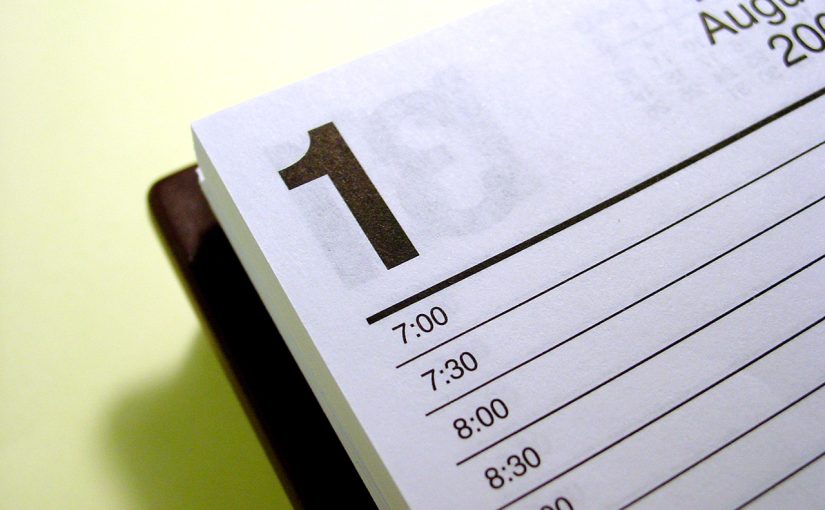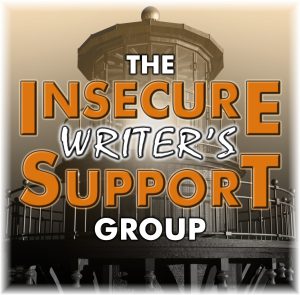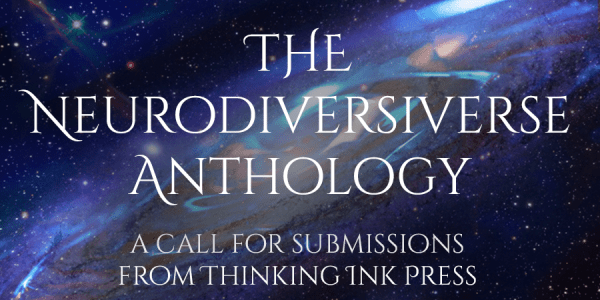I just read this blog post by Neil Gaiman.
He’s a Real Author, and he’s been very busy, and then he’s been very brain-dead.
His brain-dead is (morbidly?) reassuring to me. I’m an author, and I have a full time job, and I run a small business, and I have health issues, and I have a committed relationship that requires intentional effort to maintain (as any good relationship does).
It’s just lovely to have a reminder that it’s normal to have only so much capacity. Creative people create less when their mental energy is used up. When my day job requires creativity, I have less available for personal projects.
I always have a vague belief that if I cared more, I would create more. That if I were more diligent, I would sit and write every day like they tell you to.
I remember how I allow myself to get sucked into things that aren’t worth my time, like fascinating podcasts when I should be working, or brain-dead games on my phone when my brain isn’t working.
But.
But I spend a lot of mental energy on my day job, and on the other things I must do, and it’s not a moral failure that I don’t write every day. It’s just a fact of time and energy. It’s normal.
I just read Swordheart, by T. Kingfisher1, set in the same world as her Clockwork Boys duology, but it’s about normal life things (and nearly being eaten by magical sky-jellyfish) rather than being about saving the world. I loved it so much.
I tell you this because: I want to be T. Kingfisher when I grow up. I keep ruminating about how to become an author, a person who has hours every day to be creative and inspired, who also isn’t broke. Make it important now. Wake up early2. Write every day. But right now, I don’t have the energy to spend being creative; I’m spending most of my energy in keeping normal life going, eating healthy food, getting exercise more often than never.
Neil Gaiman reminded me that it’s ok to be an uncreative creative person. It’s normal to have physical limits. It’s not a moral failure when I don’t write every day… or even every week3.
Do you have times when you can’t be creative? How do you handle it? How do you give yourself permission to be where you are?
1 It’s a lovely silly book about a woman who doesn’t know her own value, having to fight for her own value, and developing friends who support her exactly the way she is. I loved it so much, you should read it.
2 I hate this advice. Mornings are my nemesis.
3 Not for nothing, I’ve been writing blog posts. That’s creation, even if it doesn’t feel like “creativity”. Maybe my definitions are just wrong.
Like this:
Like Loading...



